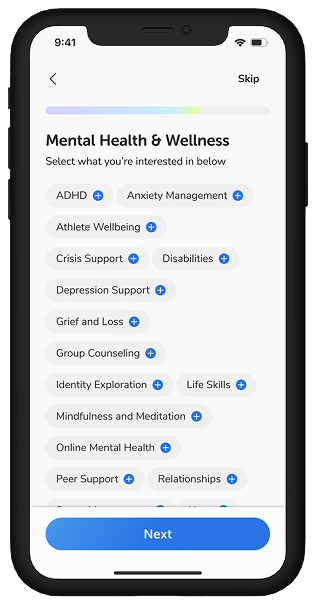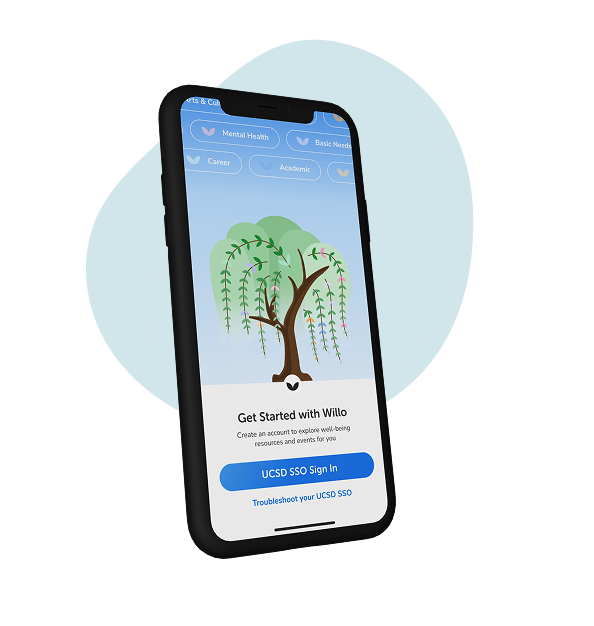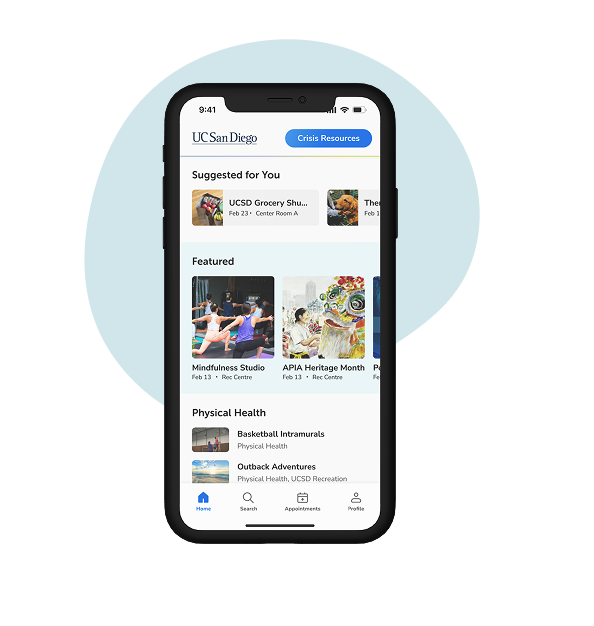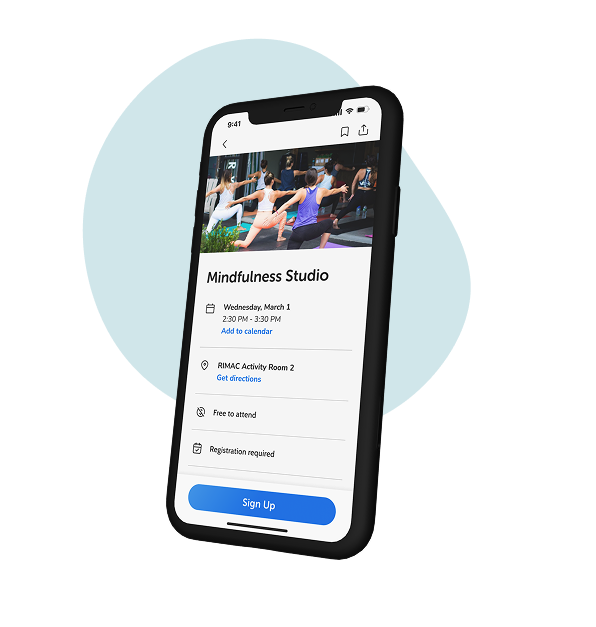We use cookies on this site to improve our service, perform analytics, and remember website preferences. By using this site, you consent to these cookies. For more information visit our Privacy Policy
Personalized mental health and well-being support for university students
HHF partnered with UC San Diego to conceptualize Willo, a digital app that delivers personalized recommendations to students for mental health and well-being resources on campus. Created through strategic collaboration with students and campus providers, Willo aims to improve student wellbeing at every level of need.
Client
Jacobs Centre for Health Innovation, UC San Diego
Funded by
State of Califonia
Services
Design Strategy, User Research, Co-Design, UX/UI Design, Branding, Usability Testing
Challenge
The transition from high school to university is often seen as both a challenging and exciting milestone, yet navigating this shift during a time of global uncertainty has heightened feelings of anxiety and isolation for many students. Despite increasing awareness and de-stigmatization of mental health, students continue to struggle with prioritizing their well-being and often lack knowledge about the wide range of mental health and well-being resources available to proactively manage their health. At UCSD, this has resulted in a growing demand for acute mental health services from students who don’t know where else to turn. As these services become overwhelmed with requests from students who have reached higher levels of need, it becomes difficult to deliver the help they need in a timely manner.
In response to this challenge, our goal was to co-create a digital app with UCSD students that would promote well-being and provide students with personalized resource suggestions to help them thrive on campus.
Process
Discovery
To build a strong foundation for the design of Willo, we took a strategic approach to define its value proposition by identifying gaps in the current system and understanding the needs of the student body. We conducted in-depth interviews with students to uncover some of the challenges they face, and explored opportunities to better support them. We also engaged subject matter experts and campus stakeholders to determine how best to drive positive mental health outcomes for students, drawing on evidence-based design decisions.
To address these needs and opportunities, we conducted a co-design workshop with students, campus stakeholders, and subject matter experts. The goal was to collaboratively define the value proposition and feature set that would form the app. During the workshop, participants explored three different digital concepts born out of our research findings. These concepts were evaluated and prioritized based on their potential impact, perceived risks, and limitations, providing valuable insights into which direction would best meet the needs of students and positively influence mental health and well-being on campus.

What We Discovered
Access should be simplified
There are a wealth of resources available to students, but they are often scattered across different programs and service providers. The app should streamline access to support, helping students understand which services and programs are available to them.
There are diverse approaches to well-being
We need to account for the diverse cultural ideologies surrounding well-being to offer appropriate resources and support for the diverse student body. The app should promote holistic well-being, including dimensions of wellness beyond just physical and mental health.
Stigma persists
Despite significant efforts to destigmatize mental health, students still feel stigma from various sources, and the pressure to perform academically felt at odds with prioritizing their well-being. There is an opportunity for the app to help create a cultural shift toward greater awareness and promote proactive well-being.
Design
Based on the pain points, gaps, and opportunities identified during the discovery phase, HHF led the design phase of the project, collaborating with UC San Diego students to create a digital platform students could turn to for support. The goal was to connect students to their unique interests through personalized recommendations, and help them discover areas of well-being they may have overlooked. The features were designed to lower the barriers to accessing resources, ensuring students have the knowledge to find appropriate supports.

Willo provides students with a personalized experience. During onboarding, they select the topics that interest them the most under each of the wellness categories. The algorithm then provides suggestions based on their interests.

It was designed so that students can easily discover services that match their needs and encourages them to engage in activities that promote well-being.

The app provides key information, such as hours of operation, cost, and location, to help students better understand each service. Students can also access event listings from across campus, with personalized event recommendations featured on the app’s front page for easy sign-ups.
To deliver relevant recommendations, we collaborated with students to understand how the need for different types of support shifts throughout the school year. For example, the needs of students at the beginning of a new semester can differ significantly from those during exam season. These types of time-based recommendations were based on editorial curation. Other recommendations were customized to each individual based on their preferences and interests.
We employed an iterative design process, refining features of the app with multiple cycles of feedback from students and stakeholders. Low-fidelity prototypes of the app were used for initial user testing, followed by a more thorough round of testing once core features were finalized. After incorporating this feedback, we finalized the designs, including the branding of the app. Our focus then shifted to supporting the implementation and development teams to bring the solution to life.
Outcomes
Willo takes a whole-person approach to well-being, drawing from UC San Diego’s existing services to provide support across a variety of areas, from physical and mental health, to social health, community impact, and environmental health. It was created in response to the growing need for mental health and well-being support on campus. The app’s design, co-created with students, enhances access to services and empowers students to improve their well-being.
Launched in Fall 2024 and iterated upon since, Willo is now available to over 35,000 UC San Diego students.
The team at UCSD had identified the core categories of wellness to address.